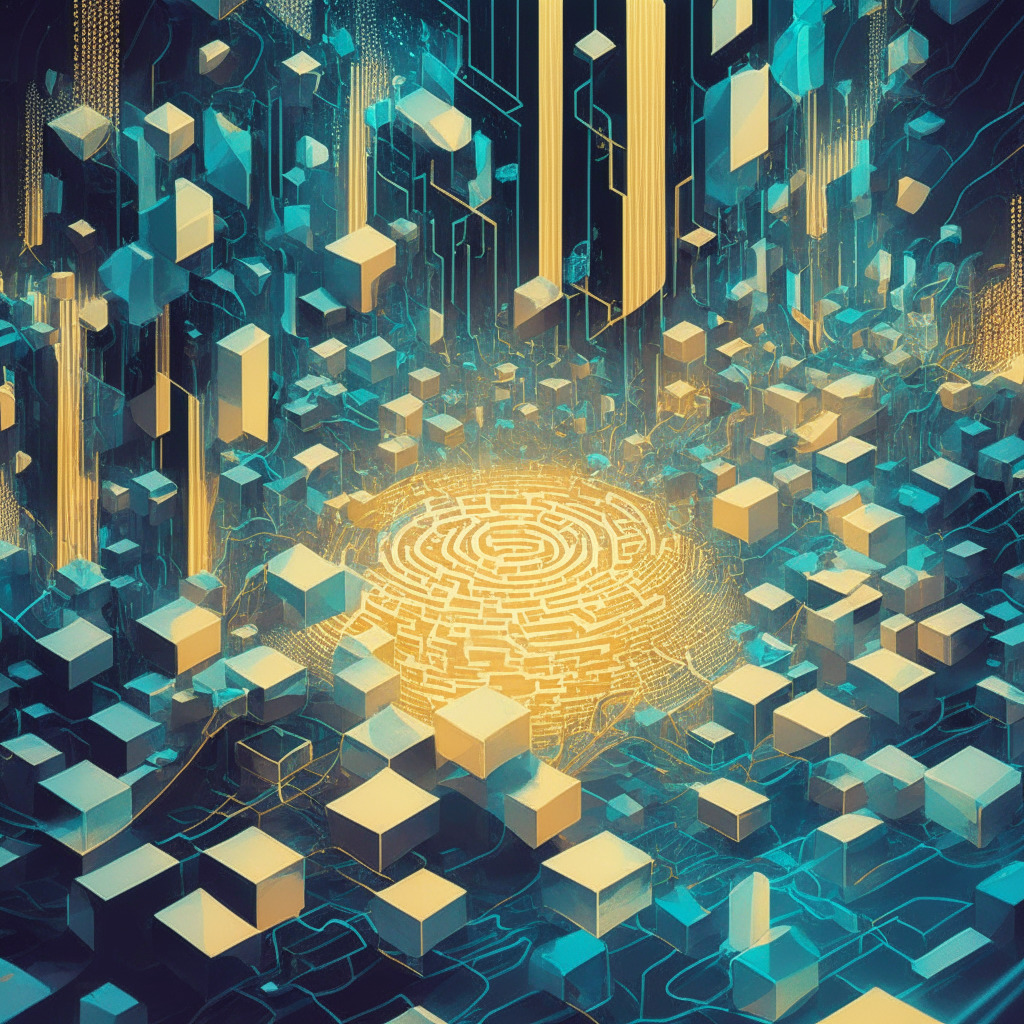The recent hype surrounding Bitcoin (BTC) Ordinals and BRC-20 tokens has taken the crypto world by storm, but there are concerns over its sustainability. According to JAN3 CEO Samson Mow, the excitement is short-lived and bound to fade in the coming months. Mow, in an exclusive interview with Cointelegraph, expressed skepticism, saying, “These guys are basically paying massive amounts of fees that go directly to Bitcoin miners, and there is no way this can be sustained.”
Ordinals and BRC-20 are both cryptographic technologies, aiming to provide users with the ability to mint fungible and non-fungible tokens on the Bitcoin blockchain. However, these new developments have a downside, as they have led to a surge in transaction fees and network congestion. This has fuelled the debate over whether Ordinals are essential in boosting Bitcoin adoption, or if they’re just an unnecessary burden on the network.
Mow certainly seems to lean towards the latter viewpoint, likening Ordinals and BRC-20 tokens to short-term money grabs seen on other blockchain platforms, such as Ethereum and Solana. He argues that the mass adoption of Bitcoin will not be driven by these new technologies but will result from its primary use-case as a savings technology and a means of exchange.
While the proponents of Ordinals and BRC-20 tokens believe that these innovations can pave the way for greater creativity and freedom in the digital asset space, critics like Mow see them as obstacles that put undue stress on the Bitcoin network. The increased transaction fees can undermine the currency’s core function as a reliable and cost-effective means of exchange.
To support his point, Mow refers to alternative projects that leverage Bitcoin’s unique capabilities without negatively impacting its primary use-cases. Projects like the Lightning Network, for instance, are designed to enable fast and efficient transactions on the Bitcoin blockchain, without adding a strain on the network. This, according to Mow, is the path to mass adoption, not “people minting JPEGs and sticking them in the chain.”
This ongoing discussion highlights the potential conflicts that can arise when new technologies are introduced into the crypto ecosystem. While Ordinals and BRC-20 tokens might open up creative avenues and attract new users to the world of digital assets, they also risk disrupting the balance that supports the functioning of the Bitcoin network. Consequently, the crypto community must carefully weigh the pros and cons of these innovations and determine whether they contribute to or detract from the broader goals of cryptocurrencies.
As the debate over Bitcoin Ordinals and BRC-20 tokens continues, only time will tell if these technologies have a lasting impact on the market or if they fade away into obscurity, as Mow predicts.
Source: Cointelegraph




